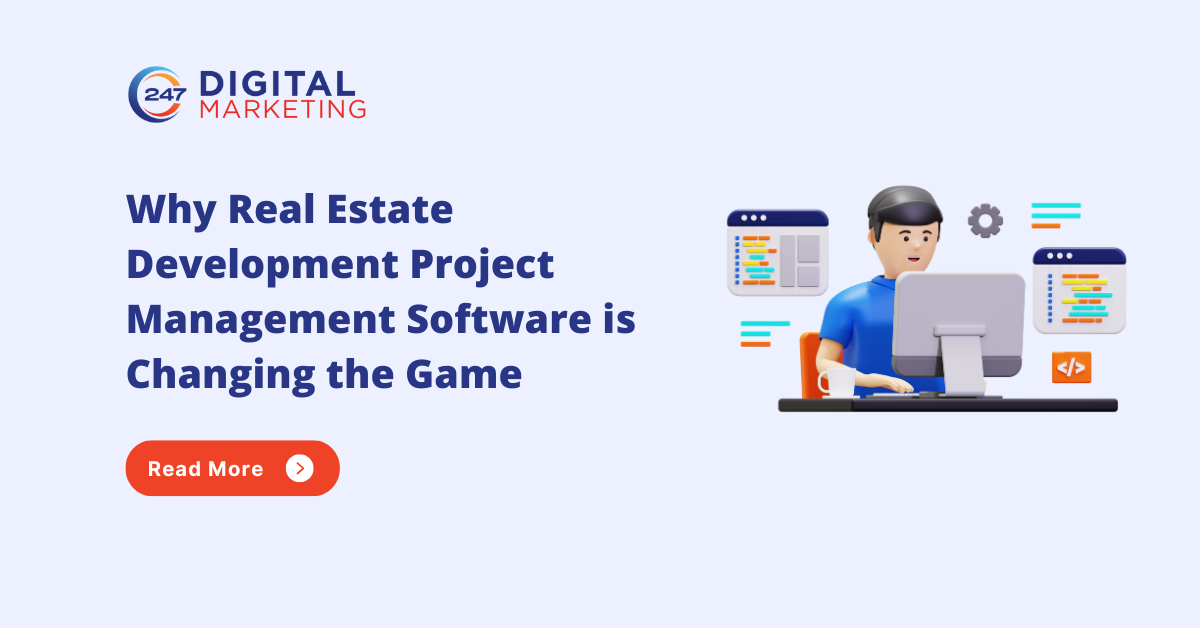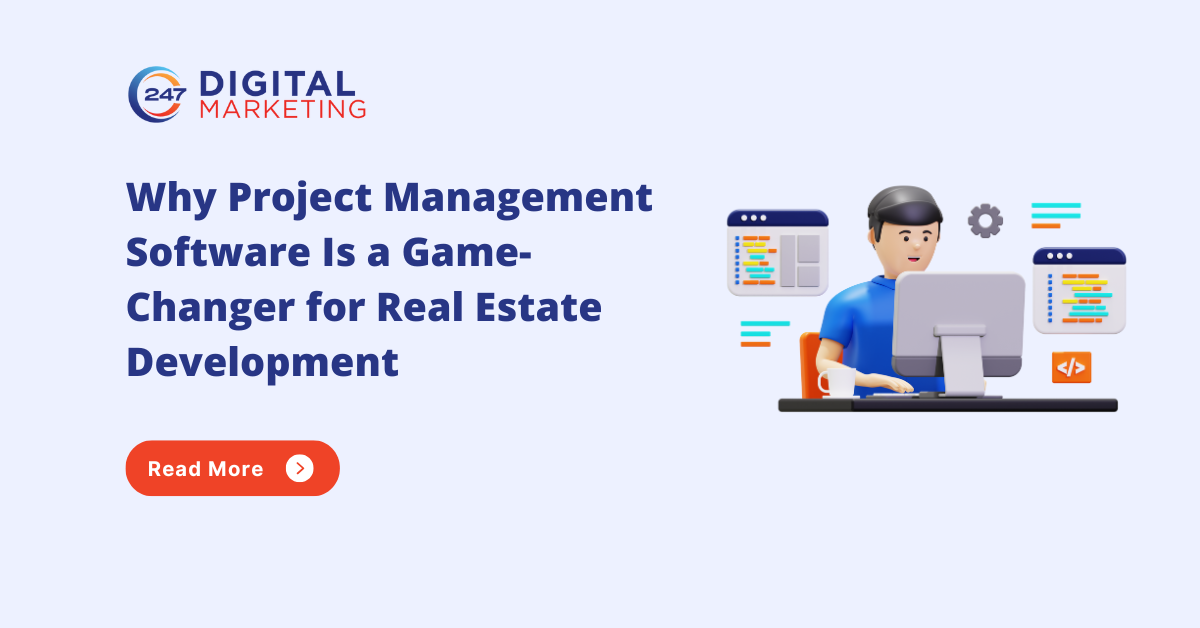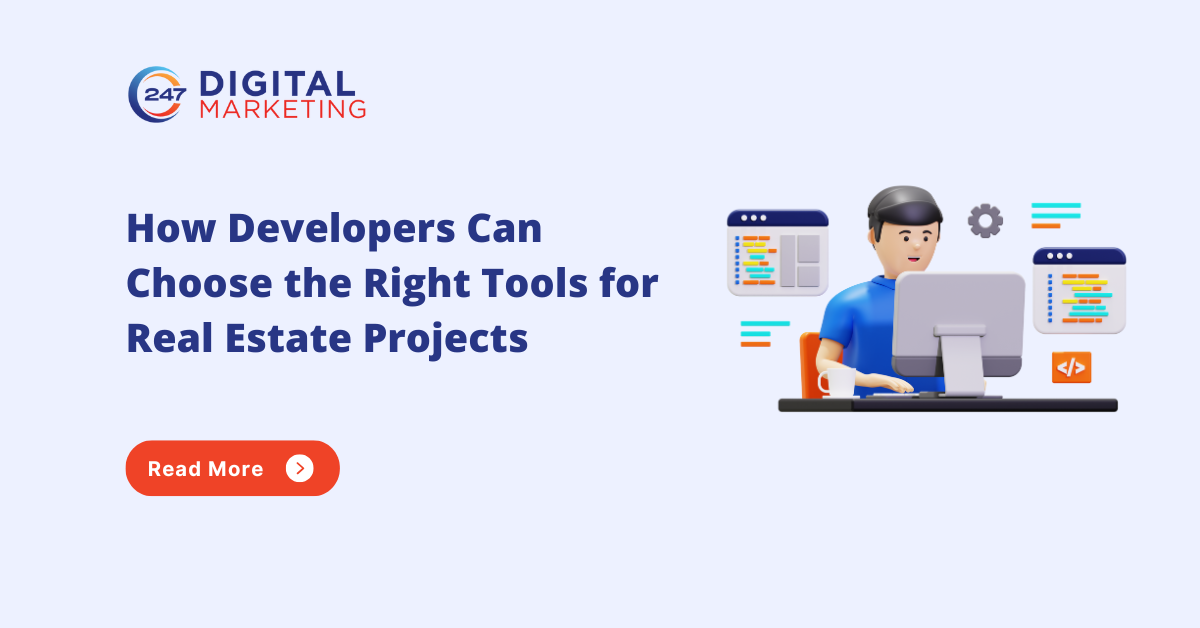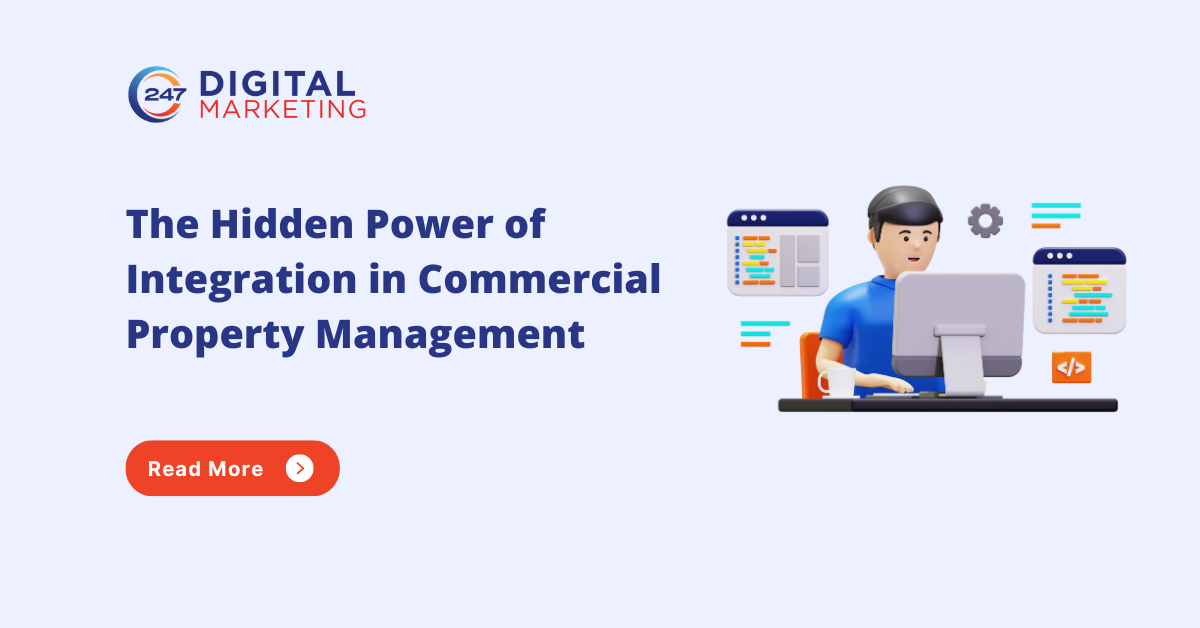
In the fast-paced and ever-changing world of real estate development, it is unheard of for projects to be executed exactly according to plan without any unforeseen consequences. Anything, from construction delays, going over-budget, breakdowns in communication, or supply chain issues are common challenges that can derail even the largest and most experienced real estate companies. For large-scale developers, managing multiple stakeholders, like investors, contractors, and property managers, staying on top of every moving component isn’t an easy task, and can usually lead to mistakes and miscalculations.
That’s where real estate development project management software flips the game on its head. Instead of juggling spreadsheets, workers, and disconnected tools, this platform offers centralized software for visibility, control, decision making, and easy access to information.
Common Challenges in Real Estate Development
Real estate projects are uniquely complex compared to the majority of other industries, where developers can face a combination of the following issues:
- Strict Timelines tied to the expectations of investors and the bureaucratic limitations of the local government.
- Complex Budgeting with ever-changing costs, loan draws, and vendor payments.
- Multiple Stakeholders with differing priorities, from architects to construction crews, to project managers.
- Data Silos caused by using separate software tools for accounting, project tracking, and issue reporting.
Without the right system in place, these challenges quickly cause inefficiency, miscommunication, a misallocation of resources, and missed opportunities.
How the Right Software Improves Your Day-to-Day
Modern project management platforms designed specifically for real estate companies aren’t just digital calendars, they’re an interconnected, comprehensive ecosystem. These softwares provide:
- Centralized Data
All project information, from budgets to contracts, are all in one place, eliminating duplication and mitigating the risk of errors.
- Real-Time Insights
Dashboards and reporting tools deliver instant visibility into the health of a project, helping developers make faster, data-backed decisions without waiting for human updates.
- Financial Oversight
With accounting integration, firms can manage loan draws, monitor the flow of cash, and forecast more accurately.
- Streamlined Collaboration
Teams and stakeholders can access the same data, drastically improving communication and accountability across the board.
- Scalability
Cloud-based systems adapt to growing portfolios, this ensures that firms aren’t stuck migrating to new tools and softwares every few years.
Why it Matter Now
The demand for transparency in real estate has never been higher, whether you’re a developer, an agent, a landlord, or a tenant. Investors expect instant access to any and all updates, and regulators require completely accurate documentation, and tenants demand projects to be delivered on-time. Firms that continue to rely solely on manual spreadsheets and paperwork risk falling behind competitors who are embracing and adapting to technological advances.
By adopting solutions tailored to the industry, developers can mitigate delays, improve profitability, and focus more time and effort on strategy instead of paperwork.
Finding Your Right Fit
Not all platforms are created equally. When evaluating modern real estate development project management software, firms should prioritize solutions that offer:
- Deep integration with accounting and finance workflows.
- Flexibility to support both small and large-scale developments.
- User-friendly designs that keep adoption rates high.
- Real estate-specific expertise tailored for the software, not just generic project management tools.
These elements ensure that the software doesn’t just organize the tasks, it actively drives better outcomes for the business.
Don’t get Left Behind
Real estate development development will always be a complex sector with many moving parts and unforeseeable risks, but the right technology helps ensure that complexity doesn’t necessarily have to equate to chaos. By centralizing data, streamlining collaboration, and delivering real-time financial data, project management software gives developers the confidence to deliver projects on-time and on-budget.
If you and your team are still relying on outdated spreadsheets, manual reporting, and uncoordinated tools, now is the time to explore modern solutions built specifically for the industry. The firms adopting these systems today are the ones getting a head-start and setting the standard for tomorrow’s success.
Mitesh Patel is the co-founder of 247 Digital Marketing, LawFirm Marketing and a columnist. He helps companies like Emerson and other top Fortune 500 compnies to grow their revenue.





